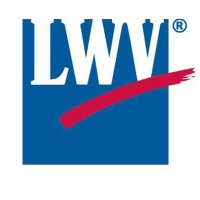League of Women Voters of the Charlottesville Area
"The League of Women Voters encourages informed and active participation in government, works to increase understanding of major public policy issues, and influences public policy through education and advocacy."Natural Resources Committee
Linda Goodling, Director 2024-2026
The Natural Resources Committee (NRC) monitors and speaks out on local environmental issues as stated in the LWV CVA Local Positions: “Actions” (2022-23).
The Natural Resources Committee meet on the last Monday of each month.
As reported earlier, after three years of developing Albemarle Comprehensive Plan, AC44, the NRC and other environmental groups are still waiting to find out what changes are being made to the plan. Our committee continues to fear that the rural areas and natural resources will be compromised. AC44 is a powerful tool for guiding what we hope our community will do in the future. Protecting our natural resources, rural areas, and green spaces are vital issues to be included in the comprehensive plan. The NCR is crafting a letter, to be approved by the League Board, requesting information regarding the changes to the plan and when the public will be invited to engage on this issue. To get involved, call or write to the Board of Supervisors. For more information on this or to gather talking points, visit Piedmont Environmental Council website here.
For more information contact Linda Goodling at linniecg740@gmail.com
League of Women Voters
of the Charlottesville Area
Mailing Address:
PO Box 2786
Charlottesville, VA 22902
Email: lwv@lwv-cva.org
Like us on Facebook! - and follow us on Twitter! and Instagram!
Get connected to the League by clicking on the icons below.
© 2023 LWV CVA. All Rights Reserved.



